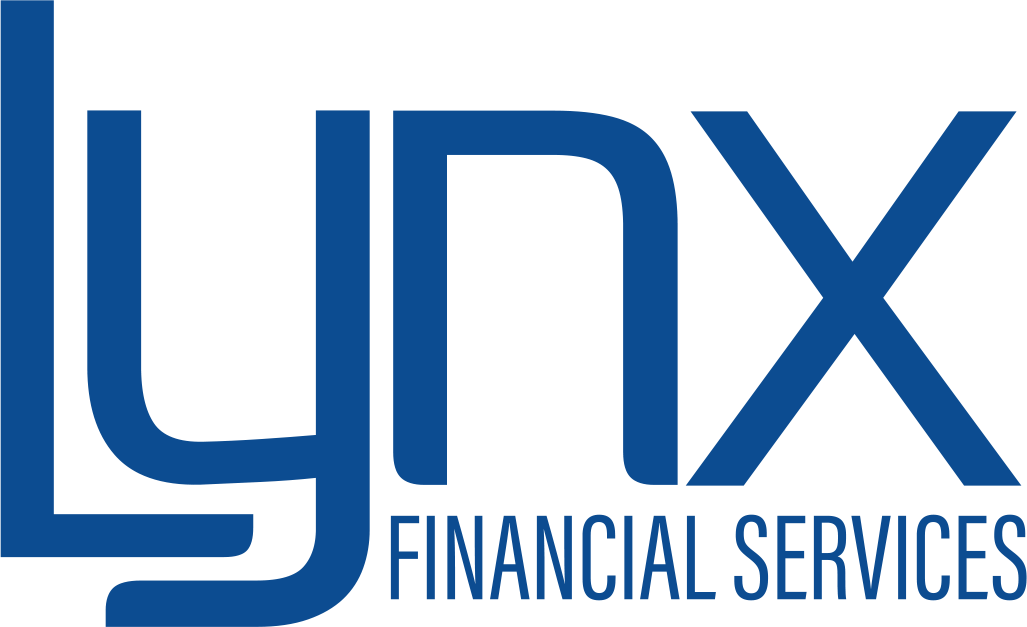Savings, savings, savings…… the start to 2024 has seen one definite theme emerge in the questions, conversations, and consultations we are having with clients, young and old.There is a real awareness and recognition now that money saved into the bank and left there for 5+ years is a missed opportunity. You could & should be doing more with your money. Here is a quick summary of the savings landscape and what to be aware of in 2024.
Bank & Credit Union Accounts:
Perfect for money you will use on a day-to-day basis (Current Account) or savings you will or may need in the next year (Savings Accounts). These accounts are ideal for your ‘Emergency Fund’ as you need quick access to it in case of a financial emergency, or savings earmarked for larger expenses that occur every year like holidays, insurance premiums, school / professional fees etc.
For money you won’t be using immediately but will be using in 1-2-3 years’ time, Fixed Term Deposit accounts in the bank are good in that they offer a return on your money, 2% – 3% p/a, whilst locking the money away for the selected period of time.
Don’t use Banks / Credit Union savings accounts for larger amounts of savings (more than 3-6 months take home pay) unless you are intending to spend it on something specific in the next 3 years. Your money will sit in the account earning no interest, while inflation pushes up prices.
State Savings Schemes:
 These are savings products offered through An Post, like Solidarity Bonds and Prize Bonds. They are very secure as you are essentially lending money to the state…. The Irish government isn’t going bankrupt any time soon, so your money isn’t going anywhere. While the interest rates offered are in many cases lower than the banks, with the State schemes the interest is earned is tax free (deposit and investment returns are taxed at 40% with few exceptions) .
These are savings products offered through An Post, like Solidarity Bonds and Prize Bonds. They are very secure as you are essentially lending money to the state…. The Irish government isn’t going bankrupt any time soon, so your money isn’t going anywhere. While the interest rates offered are in many cases lower than the banks, with the State schemes the interest is earned is tax free (deposit and investment returns are taxed at 40% with few exceptions) .
They are generally offered over 3, 5 & 10 years, but because the rates offered are low, they can struggle to keep up with inflation, meaning you can lose out over longer time spans.
Investment Accounts:
The large pension companies in Ireland saw what the banks were offering savers for the last 15 years and thought ‘we can do better than that’. So they did, introducing investment accounts aimed at savers, which operate very much like a pension, without the tax relief or locking your money away to 65.
There is a Regular Saver Investment account where you have a monthly direct debit, investing a set amount each month. And there are lump sum investment accounts for…. Lump sum savings.
You set up whichever account suits you best, and along with your financial advisor chose what fund or funds you want to invest in. These funds then aim to provide a return on your money.
A conservative fund might aim to keep pace with inflation at 3% – 4% p/a on average.
A more adventurous fund might aim to return 10% – 12% p/a on average.
What is attractive with these accounts is that over 5 – 10 year periods the returns they can provide will often be more than what is offered by savings products. Certainly for money invested in the more adventurous funds.
It is important to say these are not investments designed to make you rich and turn €1,000 into €50,000…. They aim to grow your money slowly and steadily over time, making sure that your money is working as hard as you did to earn it in the first place. The money is not going to disappear because the investment ‘failed’, the pensions companies generally have better ratings than our banks (AA rated) and in any one of these funds your money is invested across hundreds of different shares, bonds and other assets, so they aren’t reliant on one person, property or business to do well or go bust.
If you have money that you won’t be using for 5+ years or are saving for long term goals like children’s education (the child saver accounts are excellent) these accounts are hard to beat.
Pensions:
 Employer pension schemes, PRSA’s, AVC’s…. there are lots of pension products out there to suit every individual or company’s needs, but they all have one thing in common. For long term savings they won’t be beaten for growth. As per the investment accounts mentioned above, your contributions, either lump sum or regular, will be invested and grow. What the pension has going for it is tax relief, which supercharges the savings as you get tax relief on the money going in and the investment return.
Employer pension schemes, PRSA’s, AVC’s…. there are lots of pension products out there to suit every individual or company’s needs, but they all have one thing in common. For long term savings they won’t be beaten for growth. As per the investment accounts mentioned above, your contributions, either lump sum or regular, will be invested and grow. What the pension has going for it is tax relief, which supercharges the savings as you get tax relief on the money going in and the investment return.
Now a pension isn’t somewhere you put all your money…. the trade-off for all the tax relief is that the money is locked away until you are in your 60’s (some pension products allow you access from 50). So, you need to have cash in the bank before you go down the route of maximising your pension contributions. But in terms of saving and investing for the future there is no better vehicle.
Watch out for the rest of our Savings Series articles, delving into the different options in more detail!
- What bank is offering the best savings account?
- How does an investment account work
- Saving for your kids
- How to maximise your pension
- A guide to financial planning…. what to prioritise first and why?

